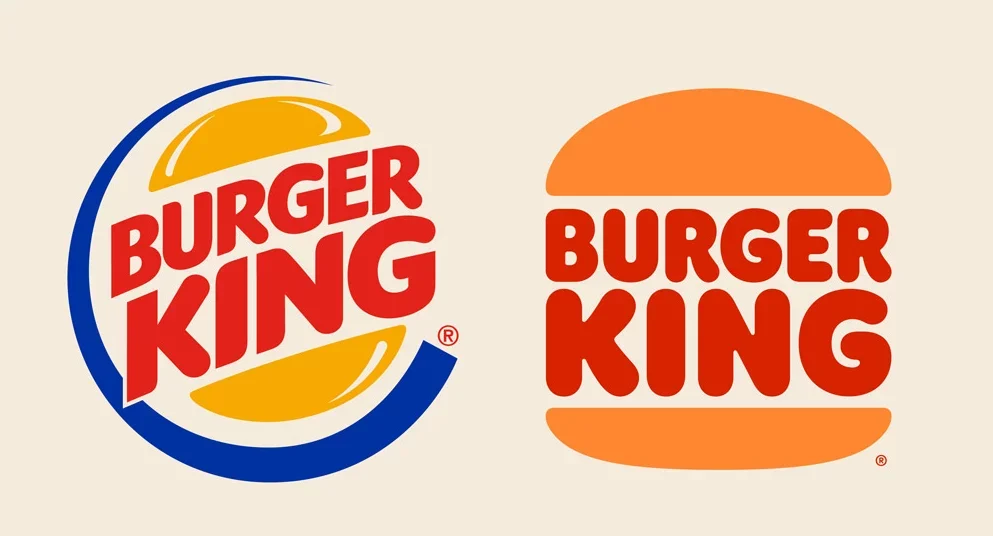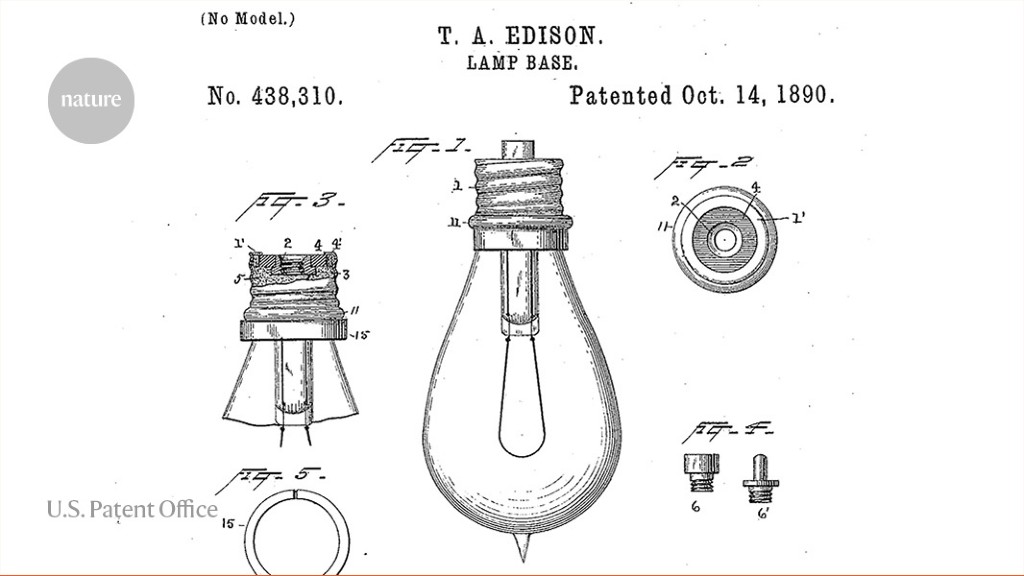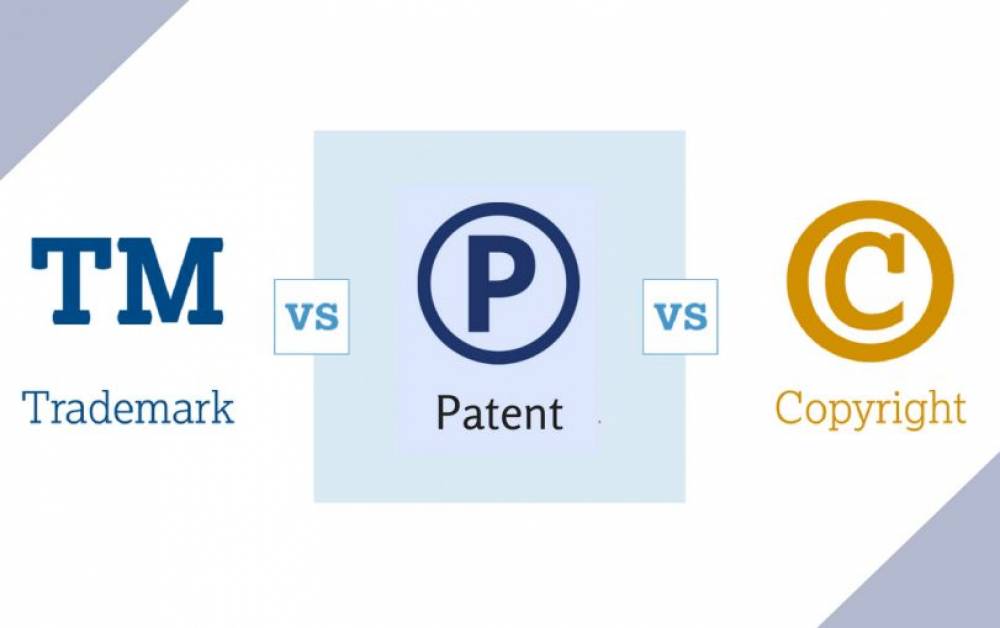It feels like your heart is being ripped open when you find out that someone is making a profit off of your hard work. All artists, inventors, and entrepreneurs who are cooking new brilliant ideas to make a fortune have to take one important step before revealing their creations to the market – Protecting their business & products with trademarks, copyrights, or patents. However, it is important to know the difference – trademark vs copyright vs patent, as they relate to a specific type of intellectual property.
Trademark vs Copyright vs Patent
These act as a legal shield to protect your business from copycats trying to steal your ideas and make money off of your hard work. People often have confusion so its important to know the key difference between trademark copyright and patent with examples.
If you click a beautiful picture, record a song, or film a movie, you may copyright it before uploading it anywhere. For your small business, you can trademark its name, logo, and even a catchphrase to protect it from other businesses. If you succeed in inventing something, it is wise to patent it before someone tries to steal it.
| Point of Distinction | TRADEMARK | COPYRIGHT | PATENT |
|---|---|---|---|
| Definition | Business element to distinguish your brand name, products and services from your competitors | Copyright provides automatic protection to author's original and creative work. Registering a copyright is not mandatory but recommended. | Protects inventions that are new, authentic and useful |
| What can be protected? | A word, logo, phrase or combination that signifies your products, services | Original artistic works like photos, paintings, movies, songs, books, that are in a materialistic form such paper, films, songs & their digital forms and canvas. | Technological innovations like, new technology software, machinery, or pharmaceutical drug |
| Rights | Gives exclusive right to use the mark while preventing others from using it. Owners can also license, assign or sell the mark for something in return | Provides authors rights to distribute copies of their creative work by sale, rental, or lease. | Gives owners monopoly of work over their invention by excluding others and also earn from it |
| Validity | Usually valid for 10 years. Renewal is possible after that. | Valid through author's lifetime and 60 years after their death | You'll have to file seperate patents to protect your innovation for each country. Validity is for 20 after which anyone can use it freely. |
What is a Trademark?
A trademark protects words, logo designs, and phrases (slogans) that relate to a specific product or business. Especially, all brand names and their logos are protected by filing a trademark. Trademark infringement works in a very simple way. You cannot open your food business and name it Burger King. You’ll surely get into trouble even if try to make your logo look like Burger King since both of them are trademarks for decades.
Not only this, but trademarks may also restrict the use of brand names and slogans that have even slight similarities with existing ones. For example, you can’t use names like “Your Burger King” or its trademarked slogans like “Be Your Way”. This gets even more important if the business is related to fast food. The trademark owner will not shy away from suing you if he/she suspects a violation of their rights.

How To Trademark a Phrase?
To prevent other entities in your state from using your business name, you’ll have to apply for a state trademark from your State’s SOS website. To file a federal trademark in the U.S., you can visit the United States patent and trademark office (USPTO) to prevent others from using your business phrase or name in the U.S.
What is a Copyright?

Copyright protects the authorship of original artistic works. like – photos, paintings, books, songs, movies, and even articles like these. Copyrighting an original piece of art gives its owner an exclusive right to gain profit off of it. The principle is very simple – “you create your original art (movie, music, book, etc.) and are free to decide what to do with it – sell it to others or have extra protection by copyrighting it”
How To Copyright a Name and Logo?
To make it clear, there is no need for a creator to copyright and protect his/her original work. The work is yours automatically as soon as you put it out in a materialistic form such as a movie, book, or music. However, it is wise to officially register with the U.S. copyright office within 5 years as it will make it easier to establish that you’re the author if the matter reaches court in the future.
Generally, authors own the copyright even if their material is published by other companies. However, there’s an exception. The materials you’ve created for your employer as a part of your job don’t count for your own as they are considered “works for hire”. For this, your employer will retain the copyright and not you.
What is a Patent?
Patent law encourages novel innovations for improving human life and technological advancements. For example, if you invented a new tech., software, machinery, or pharmaceutical drug, registering a patent will restrict others from using and benefiting from your invention. The patent of a new invention provides its owner with a monopoly to restrict or grant its use to others. A patent lasts for a limited period – generally, for 20 years. After that, anyone can use it or make further improvements without fearing a lawsuit.

One should note that you may only be able to patent authentic innovations that are unique and difficult to replicate. You can understand better with the following examples.
- The e-commerce giant Amazon attempted parenting its one-click payment method. However, the court denied the appeal as it was too obvious of an idea to patent such a thing, which can be easily replicated by other companies.
- In 2013, Tomita Technologies won a lawsuit against Nintendo for using its 3DS gaming technology. Nintendo had to pay $30.2 million for infringement. After this, Nintendo went into offensive mode and opened the case back in court. Later in 2016, the New York federal court ruled that there was no infringement from Nintendo to Tomita’s patent. Nintendo won the case.
Conclusion
New businesses and creators need to understand the difference between trademark vs copyright vs patent. The problem of intellectual property theft has become more severe in recent years. That’s why using a trademark, copyright, or patent is the best way why to protect your brand name from unauthorized use. You can choose between any of the three options depending on the type of intellectual property you want to protect. You can shield anything that signifies your business – whether its a new brand logo, product, slogan, artistic creation, or your new invention. This will prevent others from enjoying the fruits of your labour.

